How To Run In The Heat

It’s a lovely warm sunny day, and you want to go for a run. But how will the heat affect your running? What happens to your body when you run in hot weather? How can you be best prepared for running in warm conditions?
We’ve got some top tips for staying safe (and cool) when running in the summer.
WHAT HAPPENS TO YOUR BODY WHEN YOU RUN IN THE SUN? AND WHY DOES RUNNING FEEL HARDER WHEN IT’S HOT?
When we exercise, our bodies warm up from the movement, and we sweat to cool ourselves down to maintain a regular core body temperature.
As our heart beats, it pumps blood around the body. When we’re hot, more blood flows towards the skin where it passes sweat glands and the water in our blood plasma is sent to our skin. As that sweat evaporates it cools us down. Sweat is 99% water, and part of the other 1% includes electrolytes like sodium and potassium.
If the external conditions are warm, then that increases the body’s efforts to cool ourselves down and regulate our temperature, so we sweat even more. Some people can sweat two to four litres per hour!
As well as this, our heart rate naturally increases when we are warm as the body prioritises getting heat out, but to do that it means less oxygen gets into our muscles to power our exercise. Because of this, running feels harder, especially over longer periods.
Between 16-23ºC, our heart rate increases by two to four beats per minute, and that can rise to 10 extra beats per minute if the temperature goes to 30ºC or more. So even your easy run effort will feel harder when it’s hot.
And if it’s especially humid then that will affect you even more because your body will produce more sweat but you won’t feel as cool. This means drinking more water and electrolytes.
IS THERE AN OPTIMAL TEMPERATURE FOR RUNNING?
For most people, temperatures between 8-14ºC are considered optimal for running performance, particularly over longer distances like the half marathon or marathon. At this temperature the body feels warm but is less likely to overheat, meaning you have great control over your effort and exertion.
As the weather gets warmer, research has shown that it slows us down, and roughly every 3ºC above 15ºC can slow your pace by as much as 20-30 seconds per mile. Even for a well-trained runner, they could expect a 10% slower marathon time if the thermometer passes 20ºC compared to 15ºC.
TOP TIPS FOR RUNNING IN WARM WEATHER
STAY HYDRATED & DRINK ELECTROLYTES
The more we sweat (which is mostly water), the more you become dehydrated. It’s essential that you’re well-hydrated before a run, and then also plan to drink more while you run (especially if running for more than 30 minutes). Don’t just drink to thirst: take on water regularly as you run.
It’s also important to consume electrolytes with water to replace the salts that you sweat out. You can use a sports drink or an electrolytes tablet before, during and after your run. Electrolytes are essential to regular bodily functions, and drinking too much water on its own (especially after sweating heavily) can dilute your electrolytes to a dangerously low level – it can even be deadly.
An extra tip: on a hot day, if you’re feeling extra tired, or have some brain fog or trouble concentrating, then try taking some electrolytes and you might quickly find yourself feeling better.
PLAN YOUR HYDRATION
If you know you’ll want water while running, then plan how you can get it. Will you carry a bottle? Do you have a running belt and soft flask? Can you do loops past your house? Is there a water fountain near you? Could you stop at a shop and buy a bottle of water halfway through?
And put your water in the fridge or freezer before going for a run. Drinking cold water is so much more refreshing than warm water!
RUN TO EFFORT & TAKE IT EASY
We’ve seen how heat can impact performance and make running feel harder, so manage your effort instead of trying to stick to certain paces that you’d run in cooler conditions.
If your usual easy run heart rate is 130-140 BPM, then that will be different when it’s hot. Try to stay in the same heart rate zones, which will mean slowing down. Listen to your body, don’t be stubborn with hitting paces or splits, and if you feel dizzy, nauseous, or weak, then stop.
THINK ABOUT WHEN YOU RUN
This one might be obvious, but run when it’s cooler if you can. Go early in the morning before the day has had a chance to heat up. Just make sure you drink plenty of water before you leave. You could also have a small snack, but perhaps avoid having a big breakfast before running in warmer weather as the heat restricts blood flow to your gut, so you may experience some stomach discomfort. Longer or harder runs in hot weather come with a high prevalence of stomach issues like bloating, gas or nausea.
If you have to run when it’s warmer then follow the rest of this advice: take water, take it easy, find cooler routes, stop if you don’t feel well.
THINK ABOUT WHERE YOU RUN
The road and tarmac can reflect heat, making you feel even warmer, so think about heading to the trails or areas with more shade where it’s cooler. You could also go on a treadmill in an air-conditioned gym if it’s really warm.
PROTECT YOUR SKIN AND EYES
Slap on some sunscreen. Sports-specific ones are available, but any water-resistant sunscreen will do the job, and aim for 30 SPF. You might want to avoid putting it on your forehead as it may run down into your eyes when you sweat. A running hat can add sun protection, and will also help draw sweat away from you and keep your head cool. If it’s extremely hot, pour some water on your hat to help cool your head. Running sunglasses can also be beneficial in reducing the glare of the sun.
DRESS APPROPRIATELY
When running in the heat, choose a top that’s light-coloured, loose, and made from a sweat-wicking material.
If you get particularly sweaty feet then make sure you’ve got good socks which don’t rub – the heat in your feet can cause them to swell and may lead to blisters.
***
Everyone responds differently to heat, so what works for one person may not work for another. Always listen to your body: it’s fine to adjust your pace and to take breaks, and if you feel unwell, over-heated, dizzy, confused or nauseous, then stop running and try to cool down.
Do you have any other top tips for running in the heat?
And here’s a video of Sarah and Mo seeing how they run in extreme heat and cold!
Photo credit: Victor Magdeyev / Red Bull Content Pool

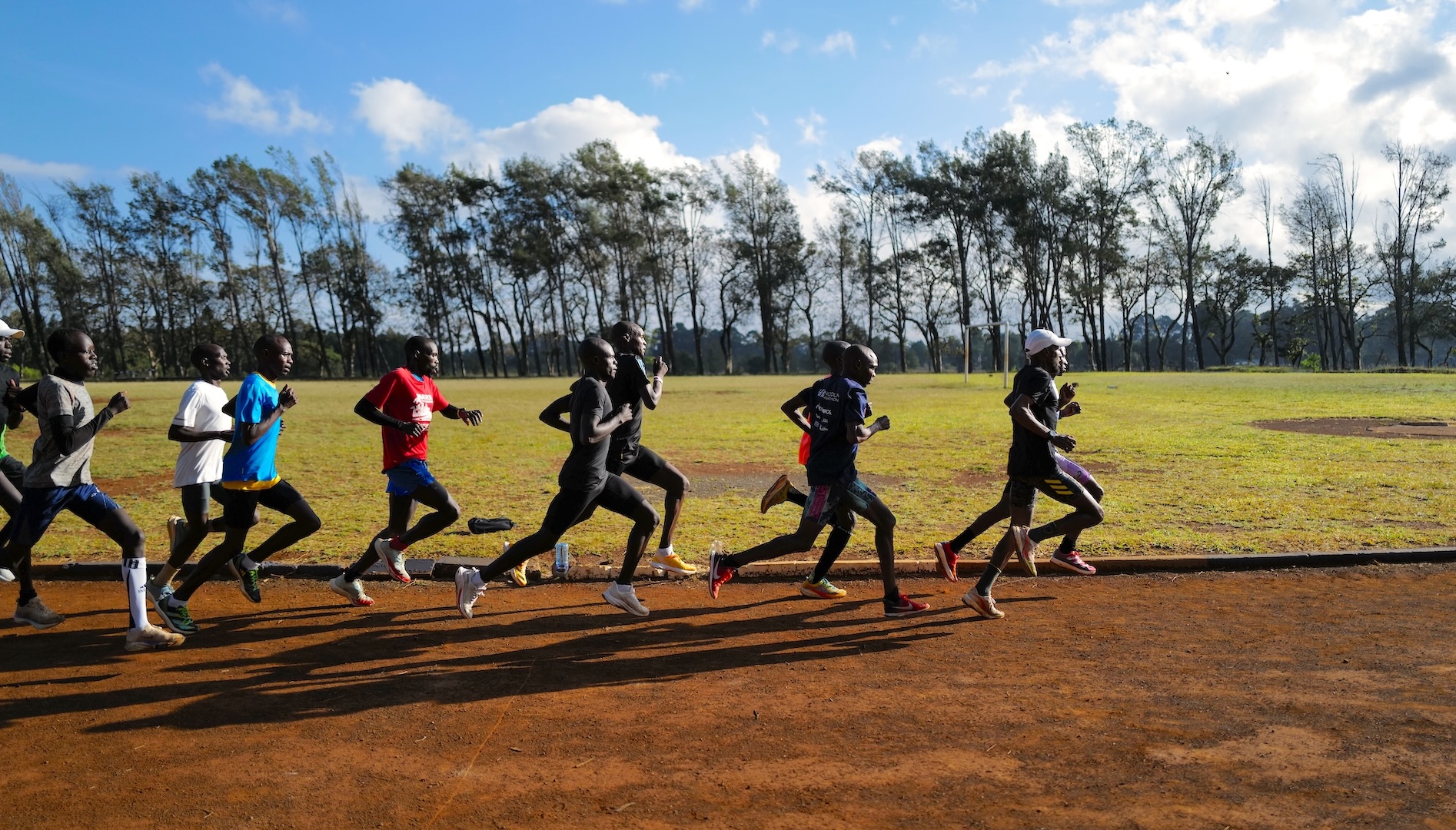
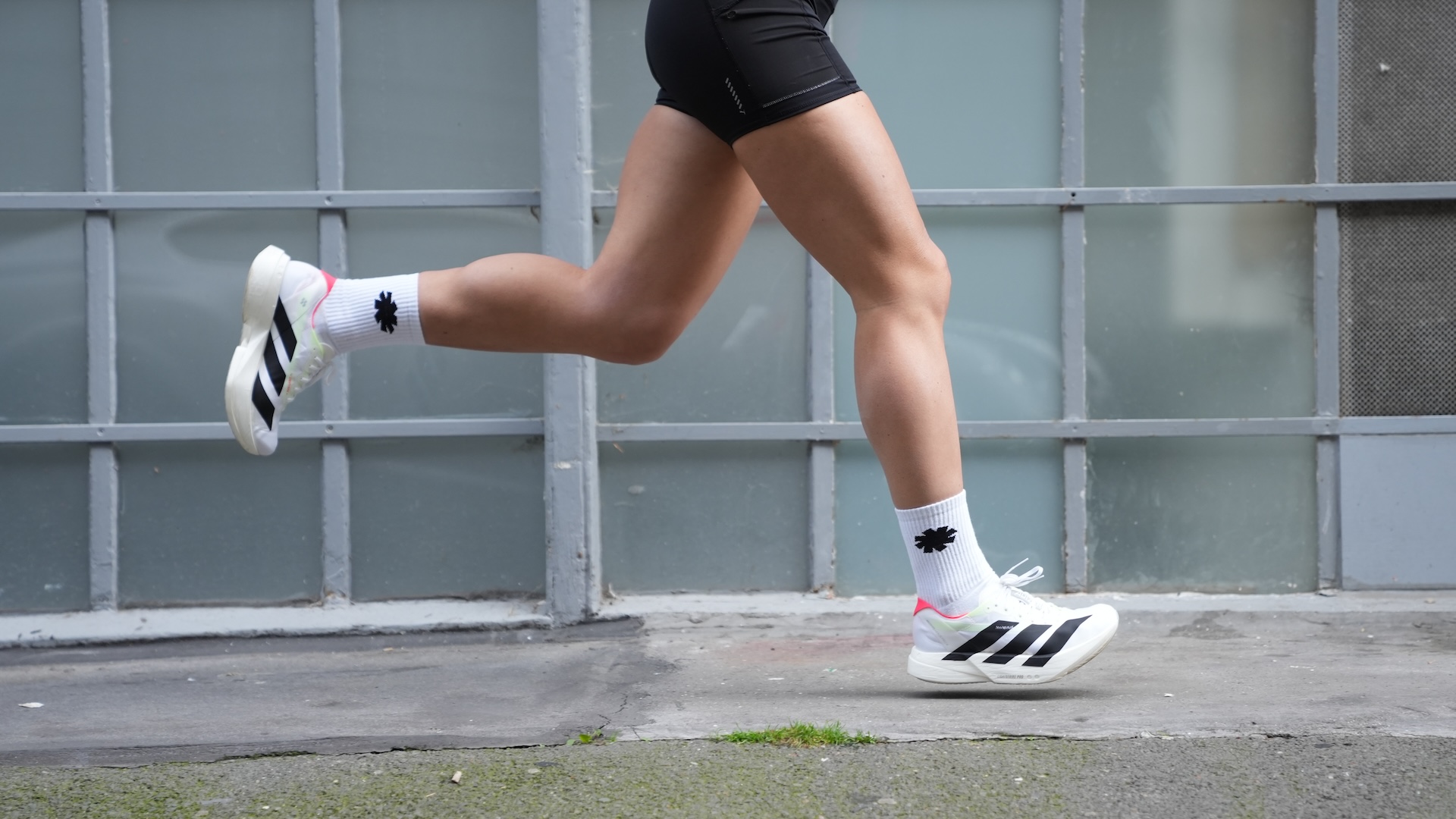
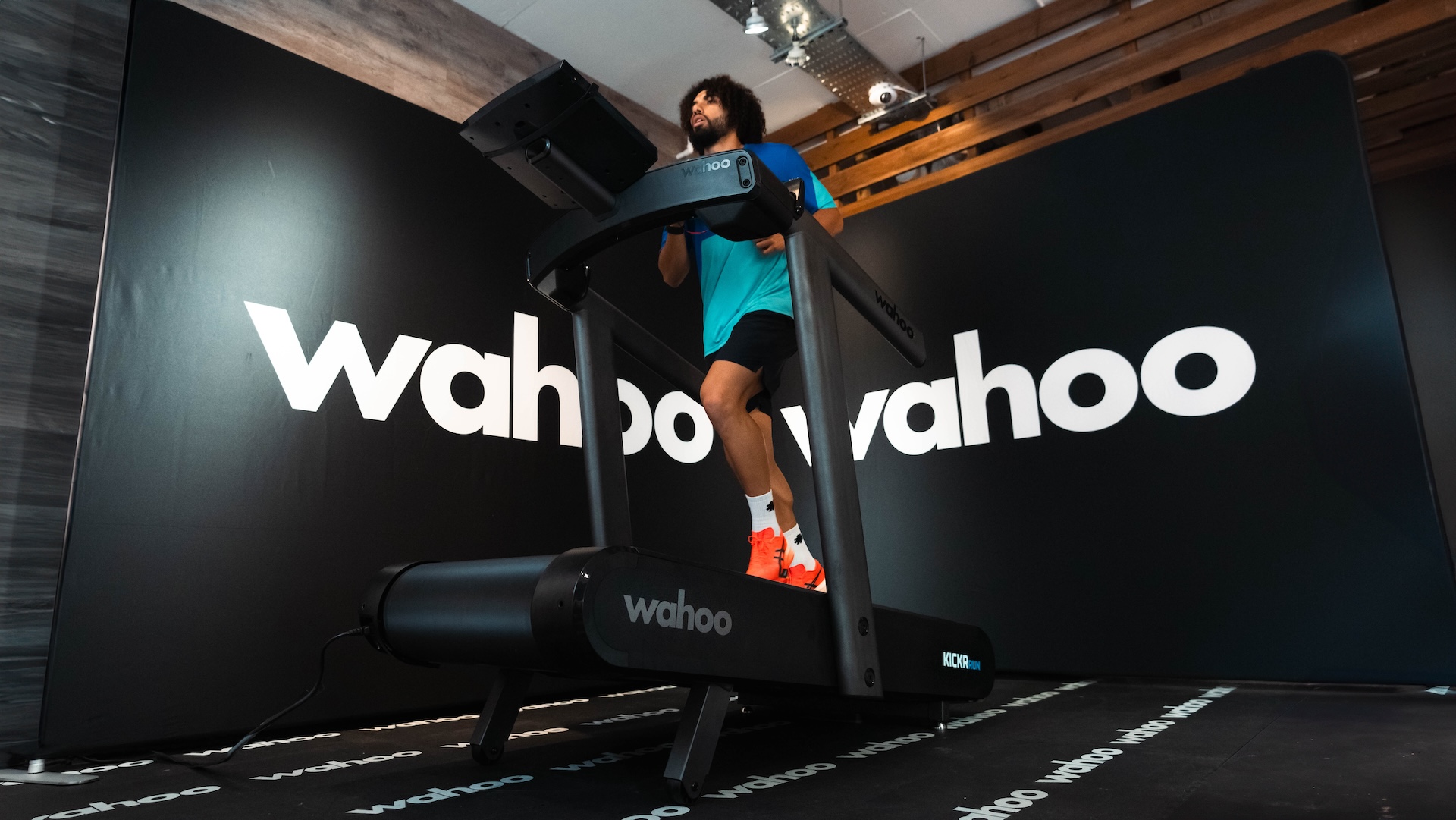
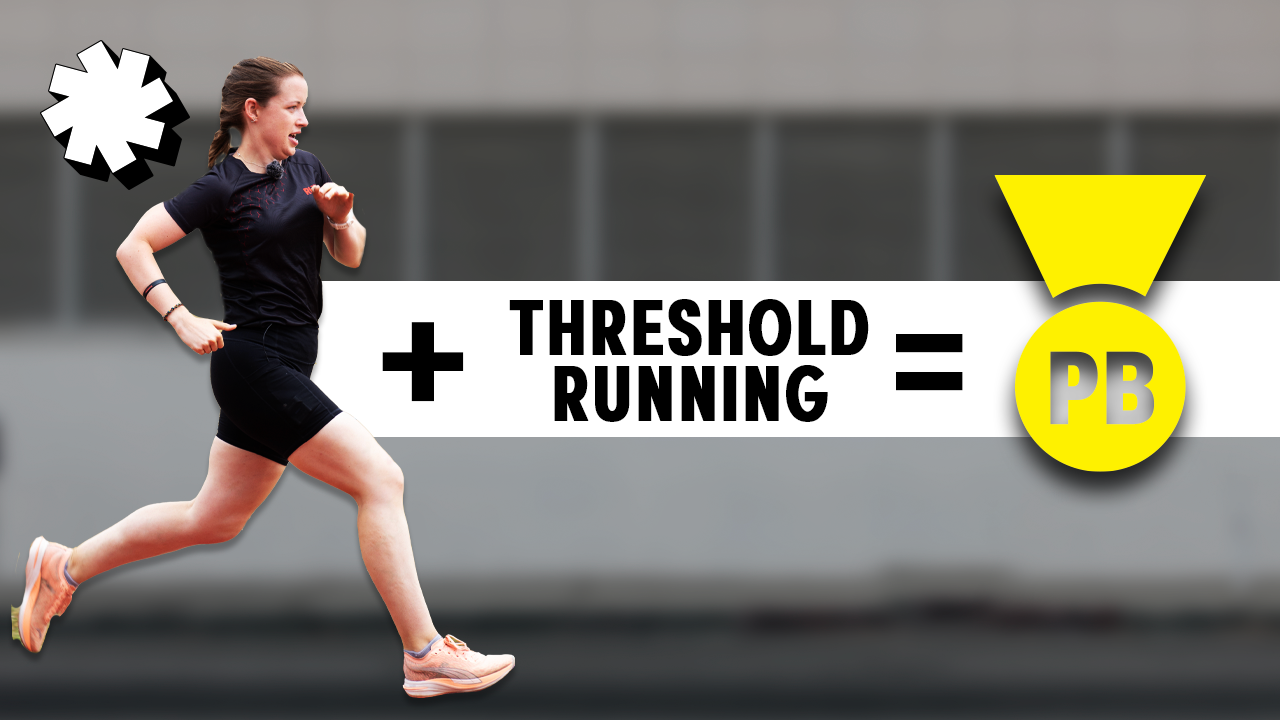
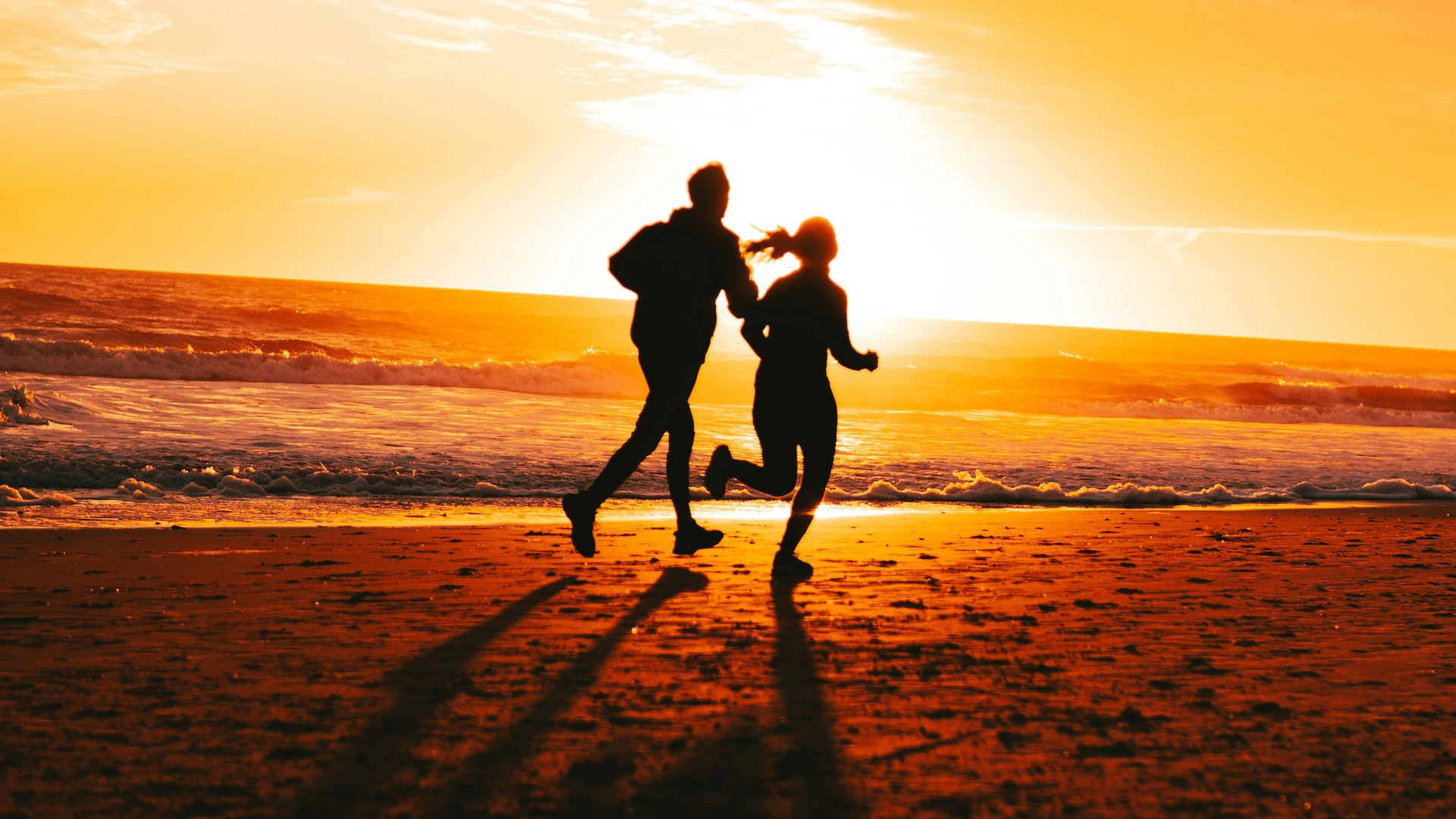
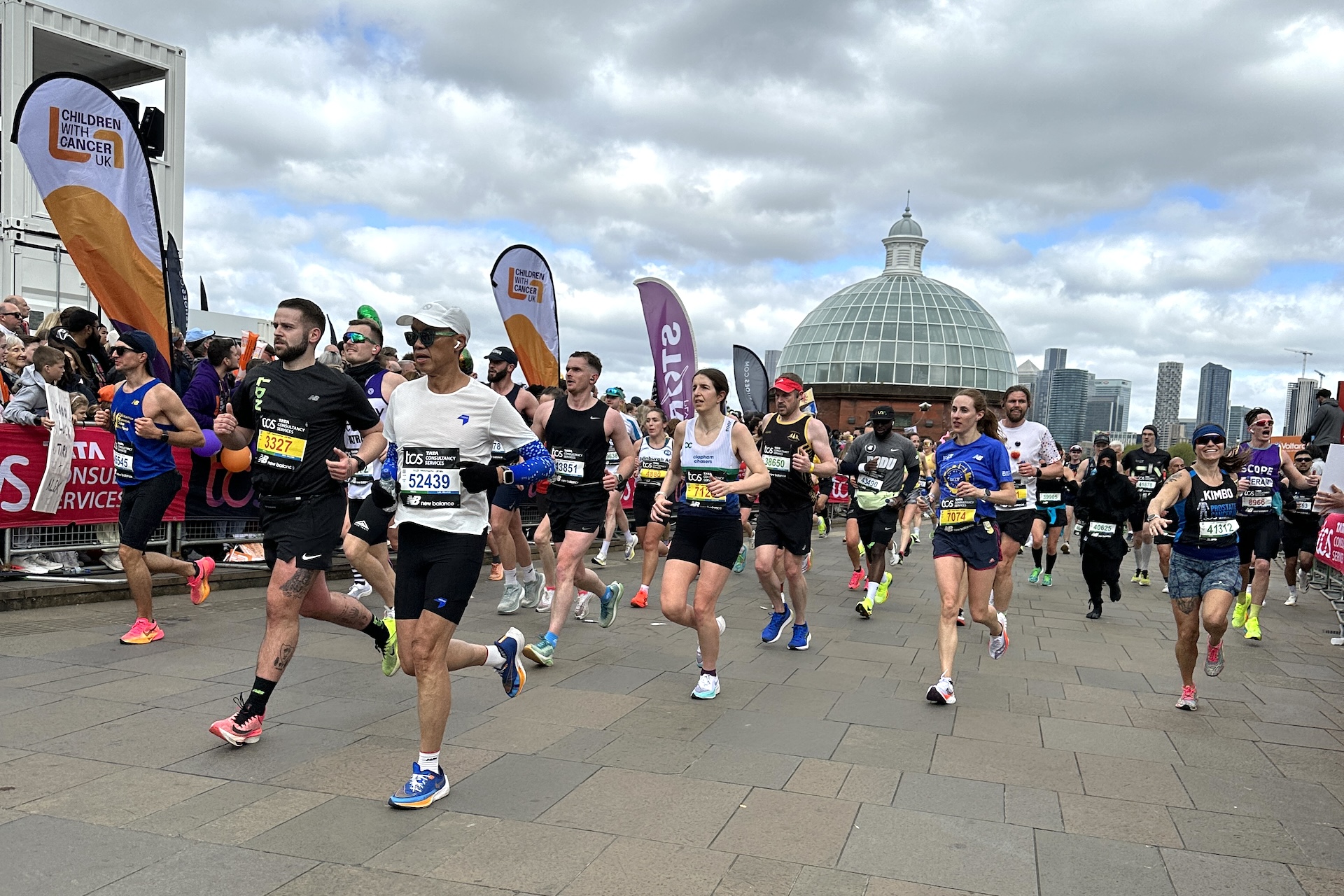
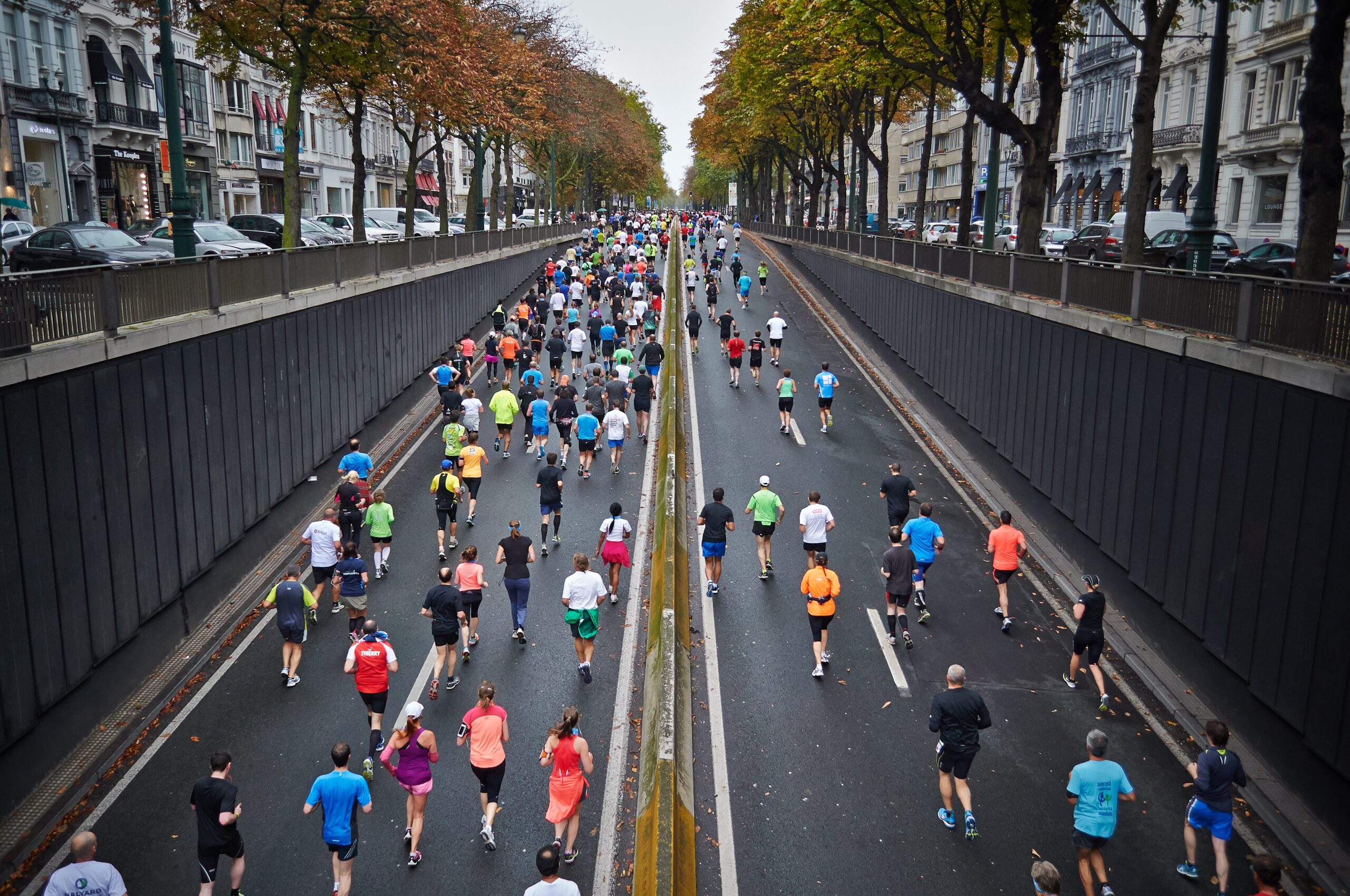














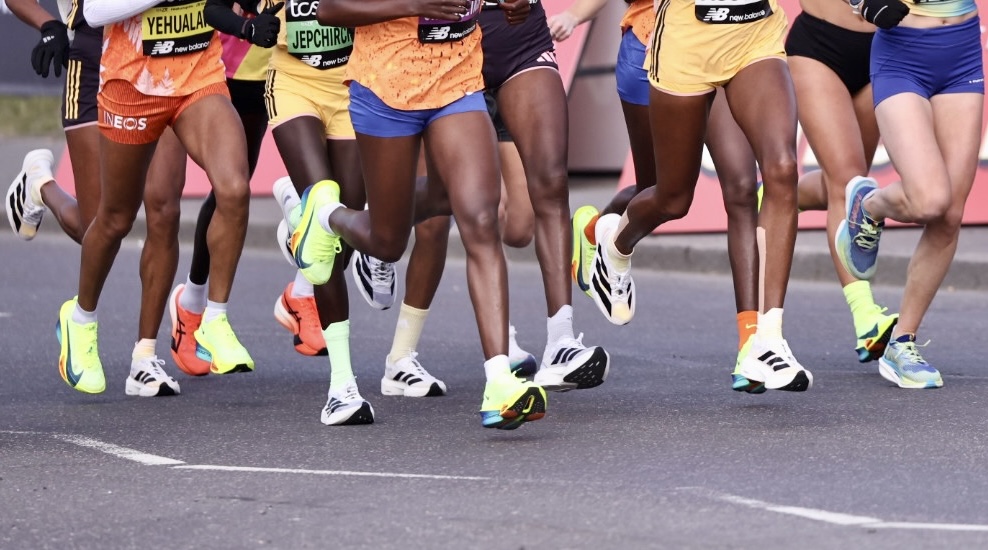
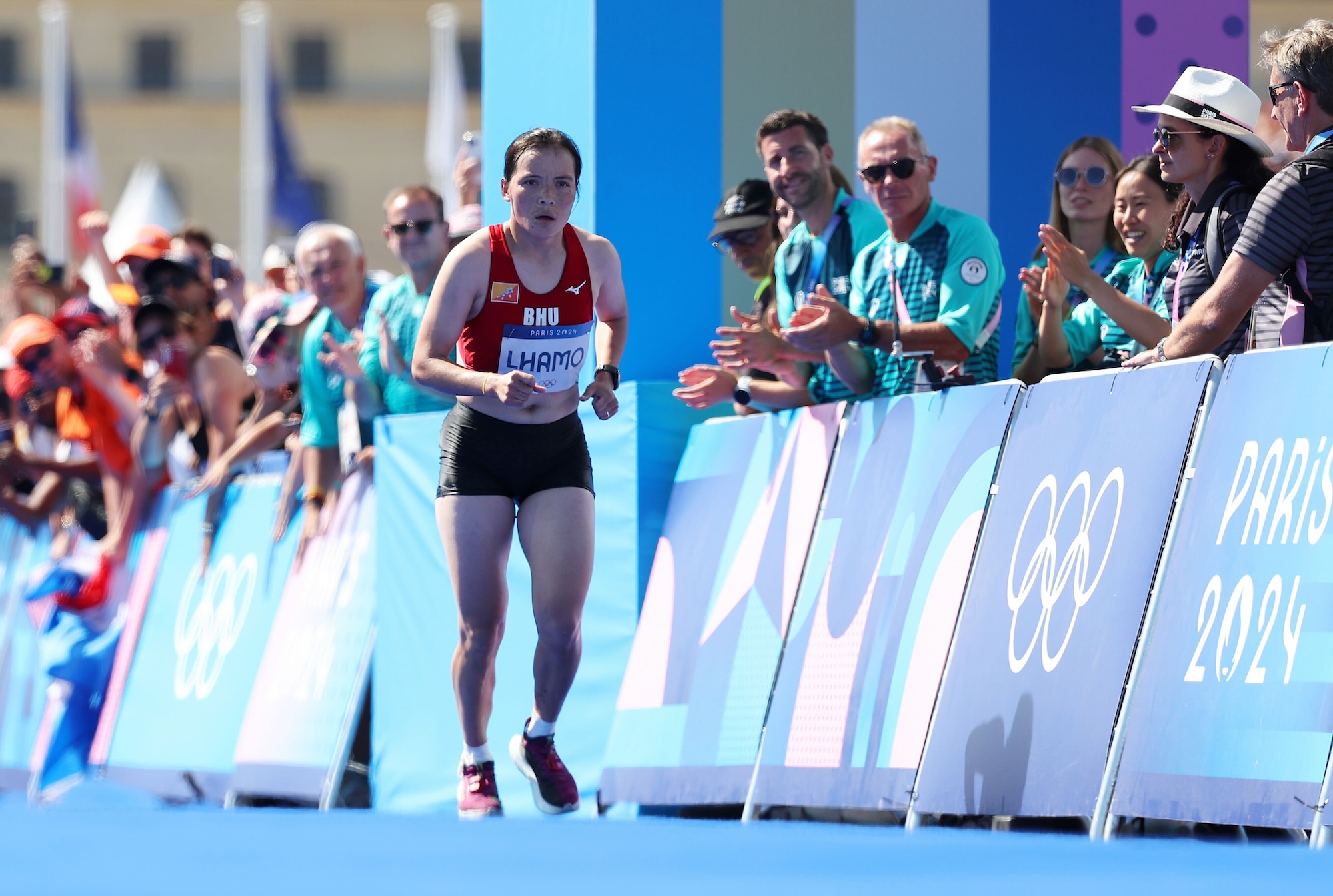
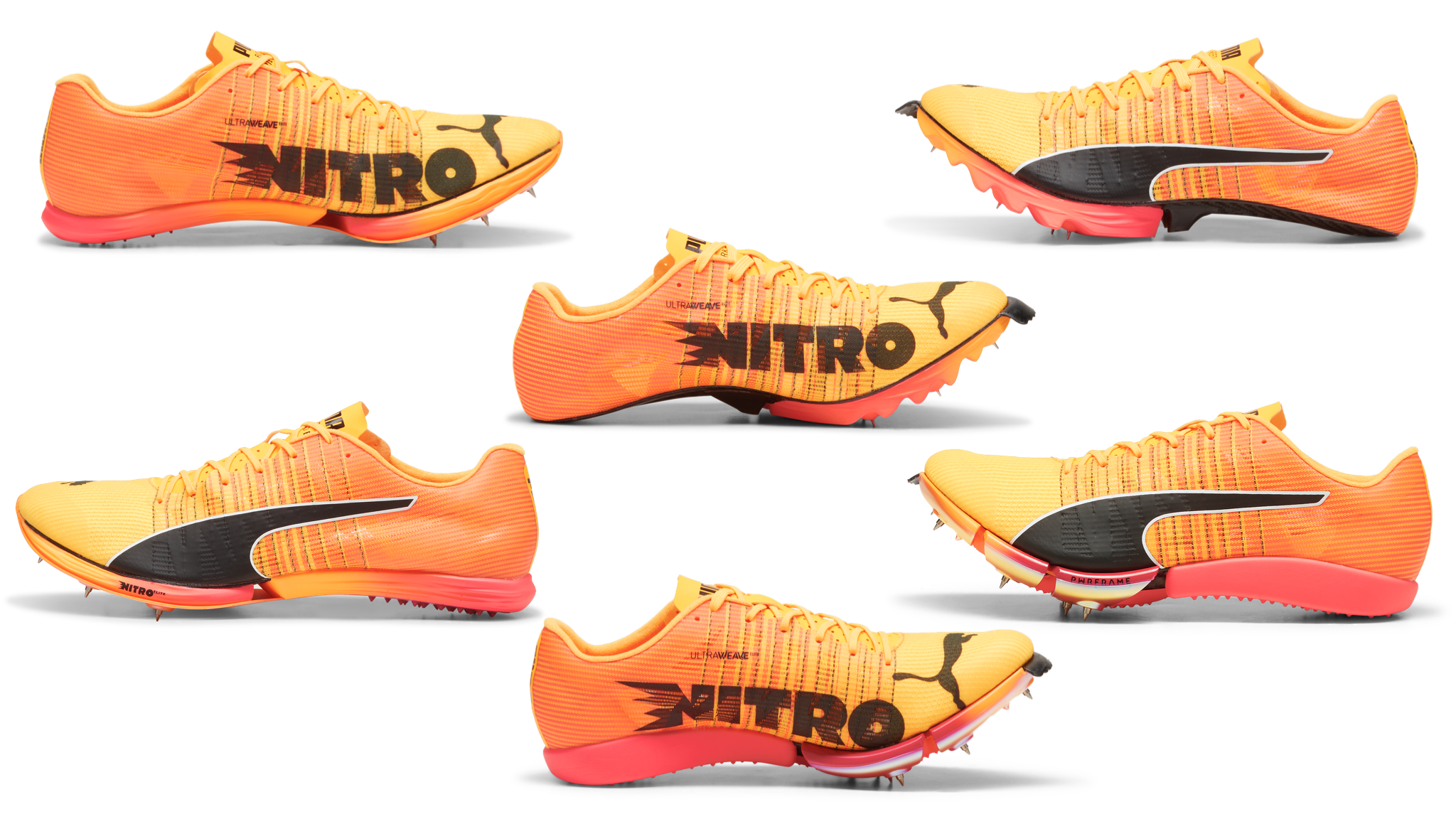



Running News
Could Shanghai Marathon Become A World Marathon Major?
Mengesha and Ketema Win The 2024 Berlin Marathon
ATHLOS 2024: An Incredible Night Of Women’s Track Racing in NYC